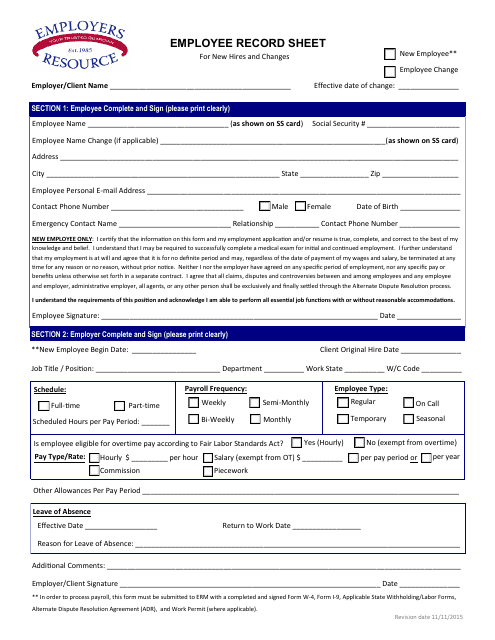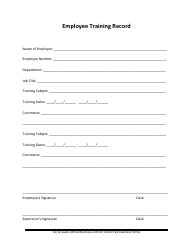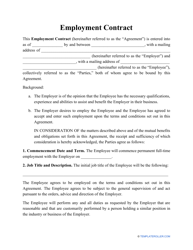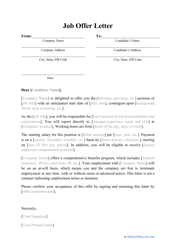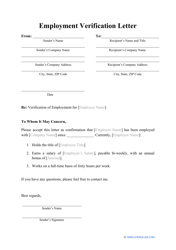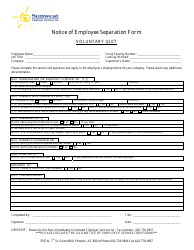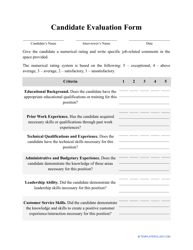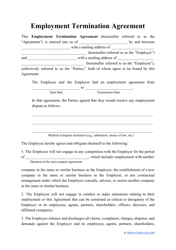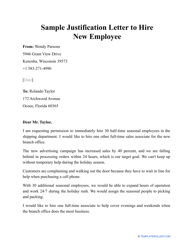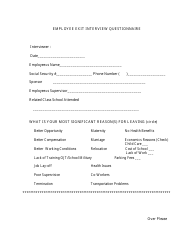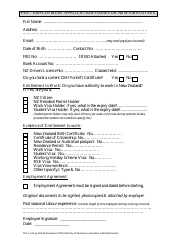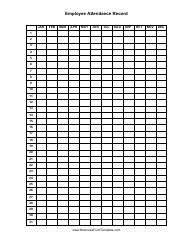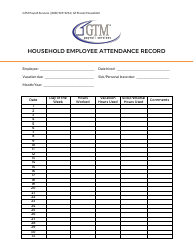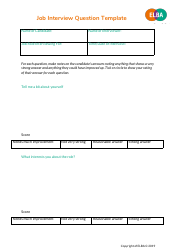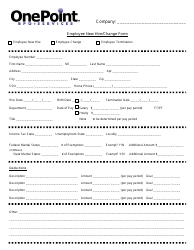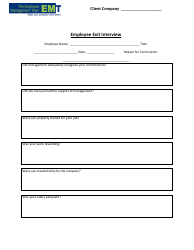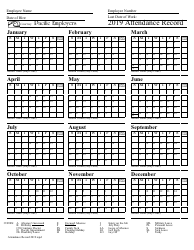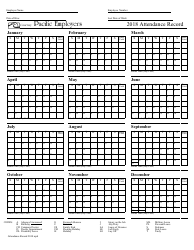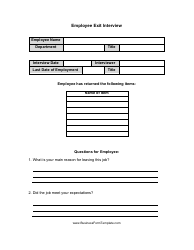Employee Record Form - Employers Resource
The Employee Record Form is used by employers to keep track of essential information about their employees, such as personal details, employment history, and performance evaluations. It helps employers maintain accurate records and facilitate various HR processes, including payroll, benefits administration, and performance management.
The employer files the Employee Record Form.
FAQ
Q: What is an Employee Record Form?
A: An Employee Record Form is a document used by employers to collect and store essential information about their employees.
Q: What information is typically included in an Employee Record Form?
A: An Employee Record Form typically includes information such as the employee's full name, address, contact details, employment start date, job title, and emergency contact information.
Q: Why is an Employee Record Form important?
A: An Employee Record Form is important because it helps employers maintain accurate and up-to-date records of their employees. It also ensures compliance with legal requirements for record-keeping.
Q: Who fills out an Employee Record Form?
A: The employee typically fills out an Employee Record Form, providing their personal information and other required details.
Q: Is an Employee Record Form confidential?
A: Yes, an Employee Record Form is confidential and should be stored securely to protect the employee's privacy.
Q: Can an Employee Record Form be used as evidence in legal matters?
A: Yes, an Employee Record Form can be used as evidence in legal matters such as disputes or claims related to employment.
Q: How long should an employer keep Employee Record Forms?
A: Employers should generally keep Employee Record Forms for a certain period of time as required by state and federal laws. Typically, these records should be kept for at least three to seven years.
